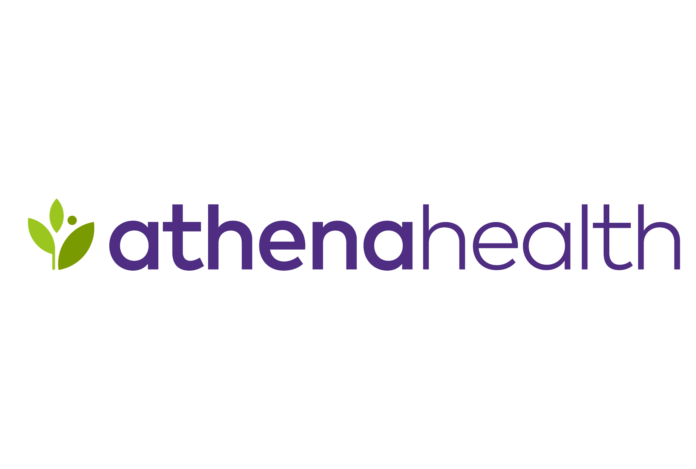WATERTOWN, Mass.– athenahealth, Inc., a leading provider of network-enabled software and services for medical groups and health systems nationwide, today announced new capabilities in athenaOne, the company’s cloud-based suite of electronic health records (EHR), healthcare billing, and patient engagement solutions, to help eliminate barriers that transgender and non-binary patients face when receiving healthcare.
The new functionality enables more accurate and comprehensive recording and display of patient information – including name used, pronouns, and gender identity, in addition to legal name and sex or gender assigned at birth – throughout the patient journey, including registration, scheduling, check-out, and patient communications, all the way through to billing and follow-up. This enhancement will help ensure that patients are appropriately identified and addressed throughout their healthcare experience and receive more tailored, gender-affirming, and timely care, and that healthcare providers have a more complete understanding of a patient’s medical and wellness needs.
Transgender and non-binary individuals face many barriers to receiving healthcare – fear of discrimination, lack of health insurance, and routine preventive care that is denied. Patients are often treated with a one-size-fits-all vs. a person-centered approach without consideration of the social determinants of health, race, ethnicity, genetics, gender, and other healthcare characteristics, and therefore often do not receive the care required to manage their health properly and safely.
“Gender-affirming care is crucial. Transgender and gender-diverse patients experience significant health disparities and require care and services that affirm their identity and meet their needs,” said Ciarán DellaFera, M.D., director of transgender medicine and assistant director of clinical informatics at Greater Lawrence Family Health Center. “When these needs are not understood or addressed appropriately, transgender and gender-diverse patients will often not return for care, putting them at greater risk and widening the health disparity gap.”
Dr. DellaFera added: “Transgender and gender-diverse people need to know that they are seen, understood, and that their needs can be addressed appropriately. This new functionality is a step in the right direction toward giving all patients a consistent and inclusive healthcare experience.”
The innovative gender-affirming care product enhancements originated from multiple athenahealth events in 2021. In May, the company’s comprehensive corporate social responsibility program, athenaGives, hosted the Hack for Health Equity event, where 24 teams from across office locations, cohorts, and divisions collaborated to identify and submit breakthrough solutions to healthcare’s biggest equity challenges. The team that proposed the gender-affirming care functionality moved forward into the company’s first ever Codefest, bringing together more than 100 employees to design, develop, test, and release production-quality features to customers across athenaOne in only five days.
“The athenahealth community is committed to continuing to bridge gaps in gender-affirming care as well as other health disparities, and this capability fills a critical need for transgender and non-binary people across the United States,” said Paul Brient, chief product officer at athenahealth. “It is incumbent upon healthcare systems and health IT vendors to improve the inclusiveness and accessibility of healthcare options and ensure barriers are removed so all patients feel respected and confident in the care they are receiving.”
In addition to these system changes, athenahealth was one of the original signers of the Digital Health Equity Pledge, which states that digital health technologies have the potential to be powerful tools to identify and address health inequities. The pledge centers on commitments from organizations in four main areas: accessibility, diversity, respect, and public policy.


